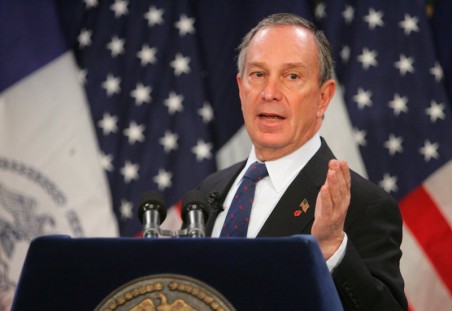
Read “obvious” as more of a sigh. This is not your grandparents’ Democrat party. That party had a proud tradition of opposing the consolidation of power, in both the boardroom and government offices. Today, though, the party is too eager to turn over to bureaucrats even the smallest of day-to-day decisions. Even, sadly, how much soda to drink.
Meddling Mayor Michael Bloomberg recently captured headlines with his move to ban the sale of “big” sodas in New York City. Bloomberg has decreed that 16 ounces of soda is the most anyone should drink at any meal. Apparently, things are ticking-along so smoothly in the Big Apple that the amount of soda one drinks necessitates the full-on regulatory power of government.
The Hill recently conducted a poll, gauging support for the “Big Gulp” ban. Fortunately, an overwhelming majority, 65%, of Americans opposed the silly ban. I would have hoped that the percentage opposing would be bigger, but 65% is decent enough. The fascinating thing, though, was how Republicans and Democrats broke down in the poll:
But opposition was much deeper among Republican voters, with 79 percent against and just 15 percent in favor.
By contrast, 40 percent of Democrats said they liked Bloomberg’s call for restrictions on large sugary beverages. Forty-seven percent of Democrats oppose the proposal.
We can take some comfort that, by a plurality, Democrats oppose the ban, but the fact that four out of ten Democrats support the ban is troubling.
I think issues like this, which touch on the slow-creep of government in our lives, reveal more about today’s politics than overarching issues like tax and spending policies. Those issues are set from broad brush-strokes by national parties. Issues like soda bans, however, speak to an individuals predilection towards government policy in our lives. Sadly, a large swath of the Democrat party believes that government should be involved in even the most mundane day-to-day choices we make.
We may eventually get the big issues right. We may reform our tax code and empower citizens through entitlement reform. We may yet again unleash the prosperity engine of the free market. But, if we continue to cede to government our most basic individual choices, will it even matter?
Follow me on Twitter here.

COMMENTS
Please let us know if you're having issues with commenting.